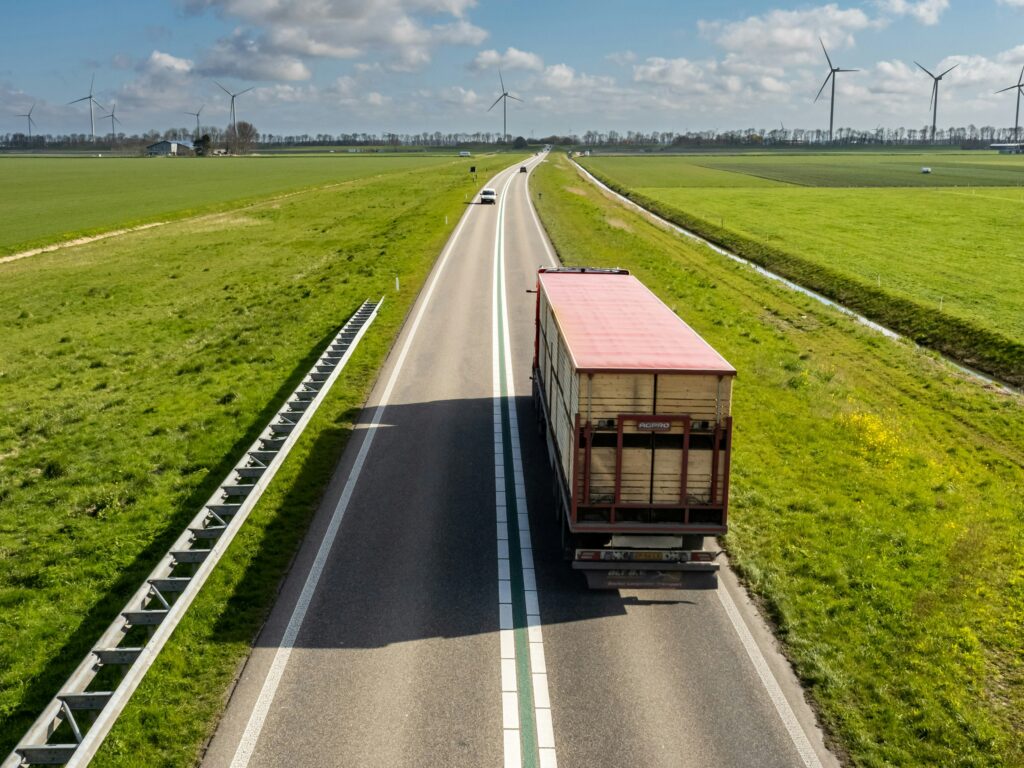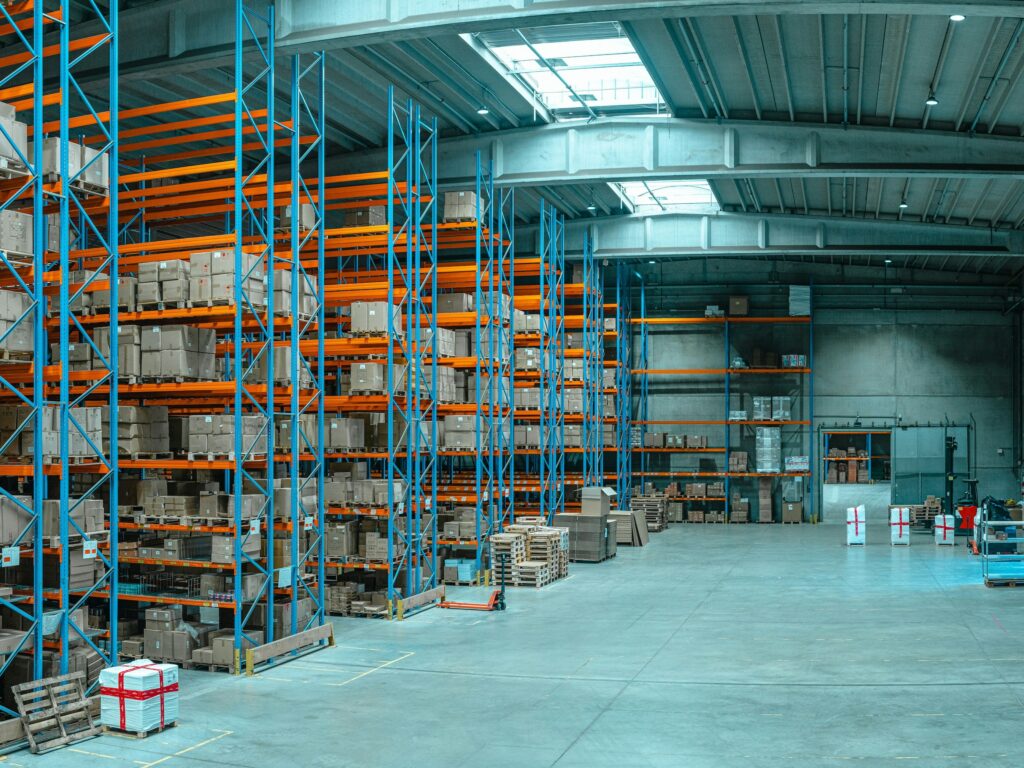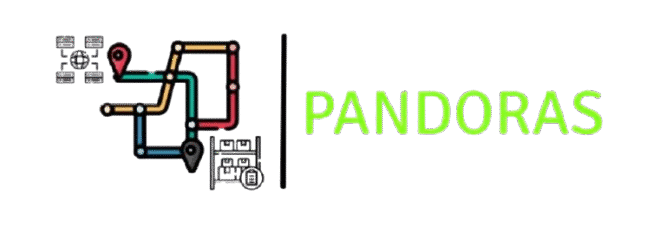Work Packages
PANDORAS project is structured into seven Work Packages (WPs) that guide its development from concept to implementation.
Over 60 months, the consortium will move from knowledge building and technology design to real-world testing and policy integration, ensuring a complete and sustainable research-to-impact pathway.

WP1 – Project Management
Coordinates administrative, financial, and technical activities to ensure smooth collaboration, efficient progress, and achievement of project goals.

WP2 – Context Knowledge Development
Builds a comprehensive understanding of urban logistics systems through data collection, stakeholder mapping, and analysis of current practices and challenges.

WP3 – Intelligent Solutions for Dynamic Urban Logistics Operations
Designs and develops AI-based tools to optimize freight operations, supporting adaptive and demand-responsive logistics solutions.

WP4 – Advanced Technologies for Supply Chain Management
Integrates advanced ICT, IoT, and automation technologies to enable interoperability, efficiency, and real-time monitoring across supply chains.

WP5 – Urban Logistics Scenarios, and Development of Pilots & Digital Twin
Creates digital twin environments and pilot applications to simulate, test, and validate innovative logistics strategies in real-world contexts.

WP6 – Physical and Digital Tests and Assessment
Implements large-scale physical and digital tests, assessing system performance using defined KPIs on efficiency, sustainability, and resilience.

WP7 – Dissemination, Exploitation and Transport Policies
Promotes project outcomes through communication, policy engagement, and exploitation actions to ensure long-term uptake and societal impact.
Timeline
PANDORAS timeline unfolds across five years:

- Knowledge building and architecture design

2. Development of intelligent and technological solutions

3. Pilot design and digital twin implementation

4. Full-scale testing, validation, and policy integration
